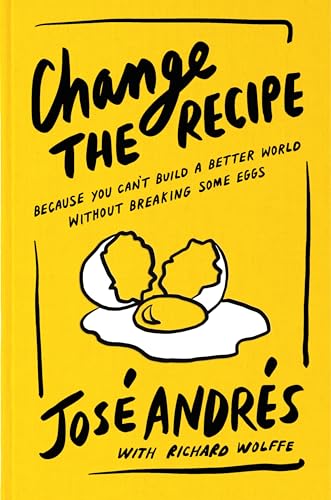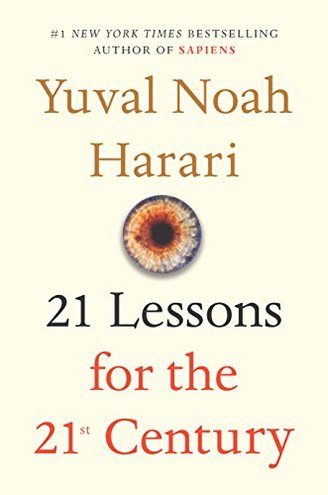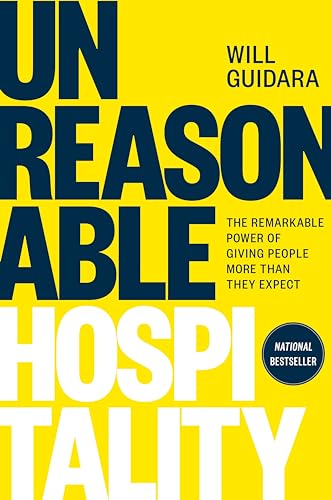Review of CHANGE THE RECIPE
by Johny McFliggen, PhD Literature & Business, Oxford
"CHANGE THE RECIPE" by José Andrés with Richard Wolffe might be one of those fascinating literary concoctions that slips under the radar, not unlike a hidden speakeasy tucked behind the facade of a nondescript eatery. Though I have yet to devour its pages myself, the mere prospect of such a collaboration between Andrés and Wolffe is enough to ignite the imagination. Imagine the culinary maestro known for spinning gastronomic gold out of humble ingredients joining forces with a journalist who navigates the corridors of power like Ariadne with her thread.
In pondering what this book might offer, I am reminded of "The Omnivore’s Dilemma" by Michael Pollan, which masterfully dissected the food chain with the precision of a surgeon and the passion of a poet. If Andrés and Wolffe have chosen a similar path, then we might expect a culinary narrative that delves into the social fabric and political landscapes as deftly as Pollan explored cornfields and feedlots. With Andrés at the helm, sustainability and innovation would surely be served as main courses, while Wolffe's pen ensures the prose is garnished with a side of political insight.
One can speculate that "CHANGE THE RECIPE" would not merely be an exploration of culinary technique or a collection of recipes, but rather a manifesto on how food can be a catalyst for societal transformation. Andrés has always been more than just a chef; he is a humanitarian with a mission akin to that of a modern-day Prometheus, bringing not fire but nourishment to those in need. His World Central Kitchen operates on a philosophy that food is more than sustenance—it is salvation.
If the book strides through the realms of food policy and social change, it might resonate with those who found resonance in "Eating Animals" by Jonathan Safran Foer, where ethical considerations take center stage. The potential for "CHANGE THE RECIPE" to challenge readers' perspectives on consumption and responsibility is tantalizing. I envisage it as a call to arms—or perhaps a call to forks.
Without specific chapters to critique or passages to ponder, I can only surmise that this book will be as much about changing mindsets as it is about changing recipes. José Andrés and Richard Wolffe might very well have crafted a tome that is both instructional and inspirational. It would appeal not only to foodies and chefs but to anyone willing to consider how their plate connects to the planet.
Should you encounter this literary feast in your local bookstore or online marketplace, approach it with the same curiosity and zest one would reserve for an untried dish from an acclaimed chef. For in "CHANGE THE RECIPE," there lies the promise of stories that feed the soul and ideas that nourish the mind.
Purchase Link: CHANGE THE RECIPE on Amazon



